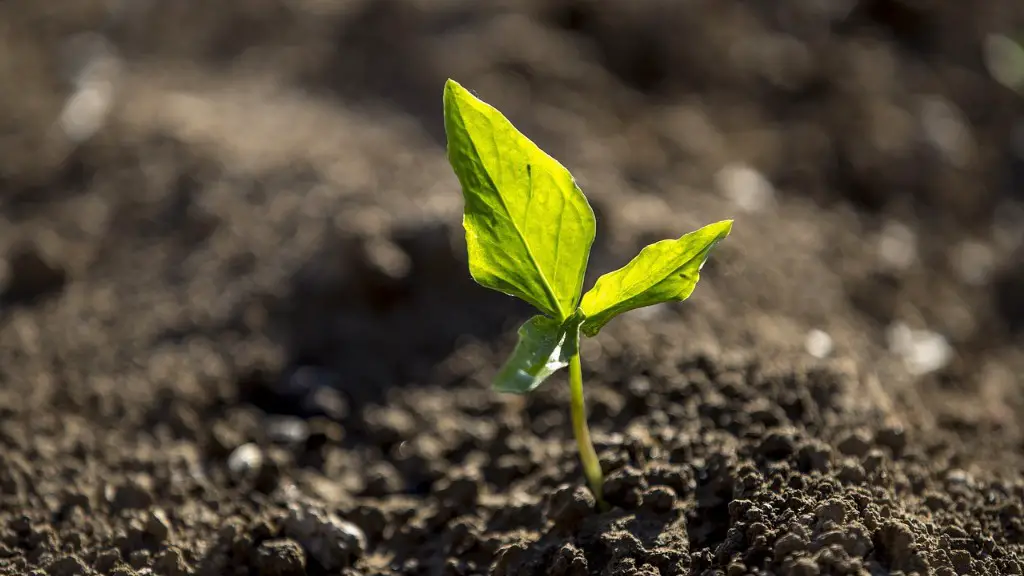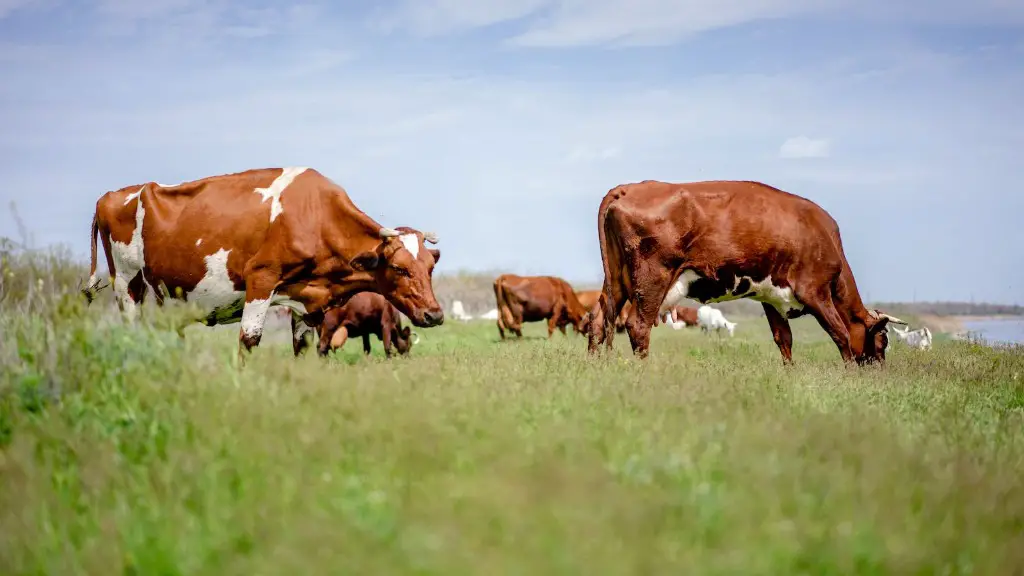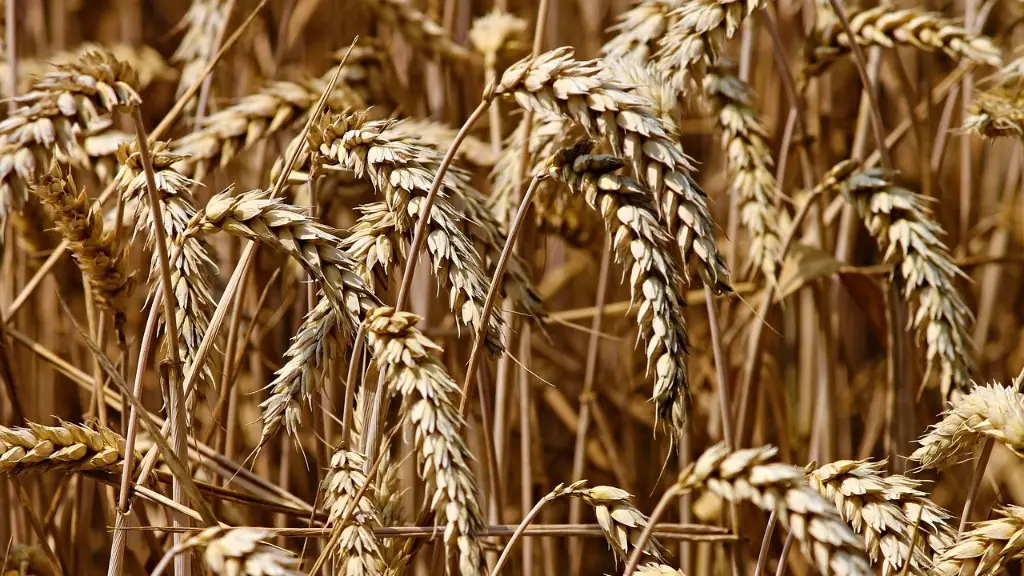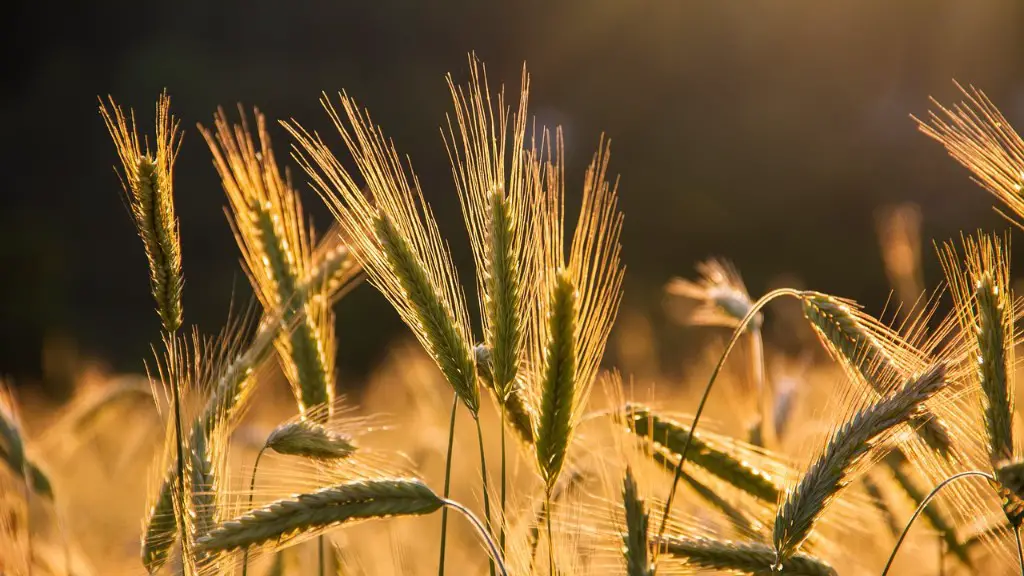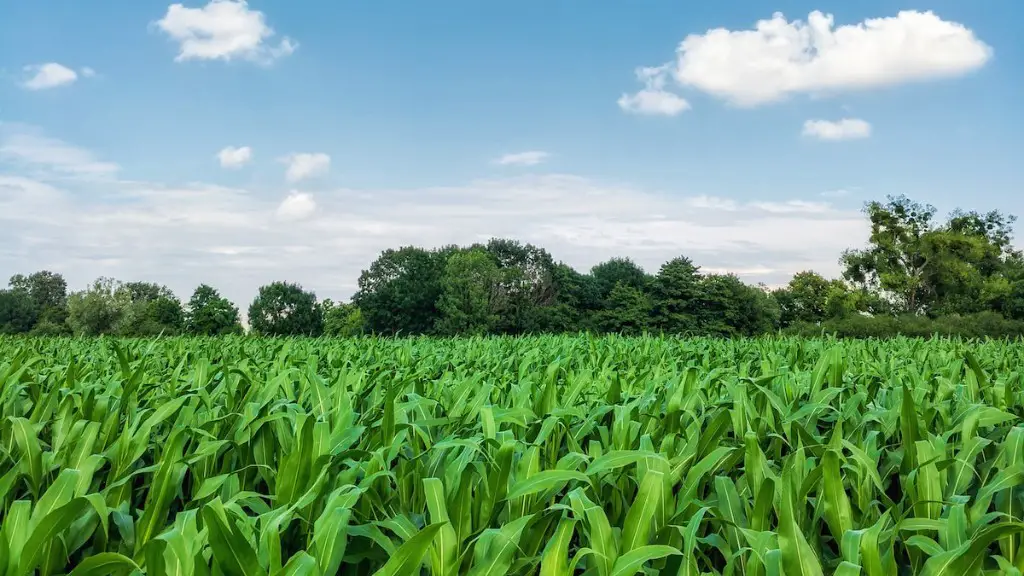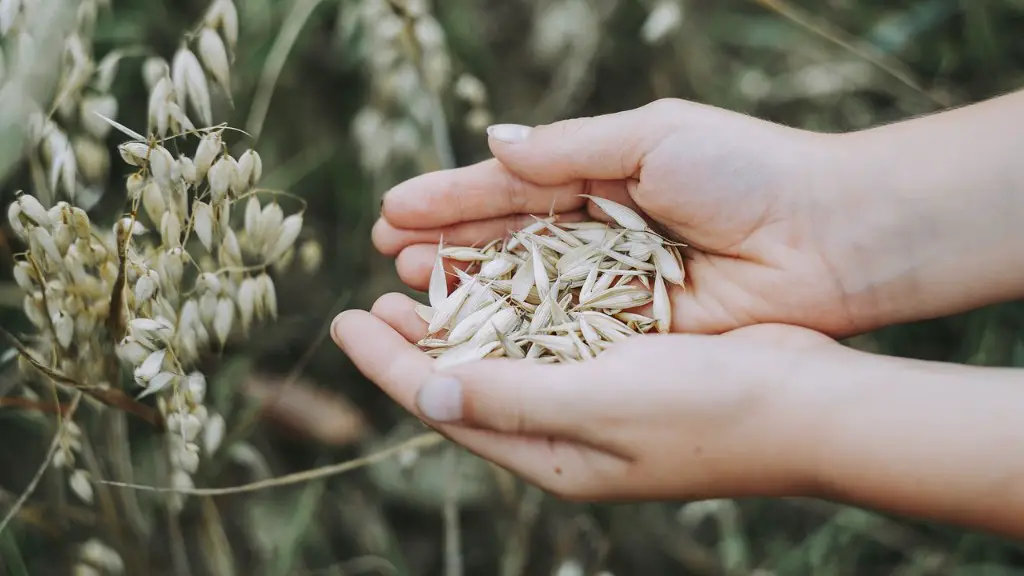The term “ITK” stands for Indigenous Traditional Knowledge. ITK encompasses the cumulative body of knowledge, belief systems, and values that have been traditionally passed down from generation to generation within a community. This includes knowledge about the natural world and its features, such as plants, animals, and weather patterns. ITK is primarily transmitted orally, through stories, songs, and other forms of communication. ITK helps communities to sustainably manage their natural resources and to adapt to changing environmental conditions. In the context of agriculture, ITK can provide valuable insights into crop selection, soil management, and pest control.
Itk is a crop protection tool that helps farmers to combat pests and diseases in their fields. It is a easy to use and Cost effective method.
What is the full form of ITK in agriculture definition?
ITK is an important aspect of sustainable development and management of natural resources. It helps in the conservation of biodiversity, soil and water resources. It also helps in the efficient use of local resources and in the development of appropriate technologies.
The inherent nature of ITKs (Indigenous Technical Knowledge) prevent from over-exploiting natural resources, thus paving the way for sustainable agriculture. Sustainable agriculture can be defined as “an exploitation of renewable natural resources and conservation measures for long-term maintenance of resources”. ITKs have been used by indigenous peoples for centuries in order to live in harmony with the natural environment. The knowledge is passed down from generation to generation, and is based on a deep understanding of the natural world. ITKs provide a sustainable framework for agriculture, which is essential for the long-term health of the planet.
Why is itk in organic farming
The above mentioned mixture can be used as an effective pesticide against sucking pests and pod/fruit borers. This mixture is prepared by mixing the fresh leaves of Neem, Pongamia and calotropis and crushing them. Then, the cow urine, cow dung and jaggery are mixed properly in the earthen pot.
The purpose of using ITK is to control ecto parasites in animals and to prevent spoilage of pulses by insects in households. ITK is a storage container that is usually filled with red chillies and neem leaves at the bottom part. This helps to keep the pulses fresh and also controls the growth of insects.
What are some examples of indigenous technology in agriculture?
Local people in many parts of the world have developed a variety of indigenous strategies to sustain productivity in their production systems. These include terracing, crop rotation, mixed cropping, soil fertility management, and the sweetpotato cropping system. All of these strategies aim to improve soil fertility, increase crop yields, and reduce the risk of crop failure.
Indigenous technical knowledge (ITK) is the collective body of knowledge, skills, and practices of a group of people with ancestral ties to a particular place. This knowledge is passed down through generations by oral tradition, and is often specific to a particular community or region.
While ITK can be incredibly valuable, it also has its limitations. One of the biggest challenges is that it can be difficult to remember all the details of complex traditions. Additionally, the scientific community often does not accept ITK because it cannot be interpreted through a scientific lens. This means that ITK often fails to meet the standards of modern technology, and as a result, many ITK are lost.
What is the difference between ITK and modern agriculture?
ITK is passed on and modified from generation to generation and from farmer to farmer, whereas modern technologies are communicated from researchers via extension personnel and/or farmers.
ITK stands for Indigenous Technical Knowledge, and refers to the knowledge and skills that have been developed by Indigenous peoples over generations. This knowledge is often informal and passed down through the generations, from one family member to another.
Modern technologies, on the other hand, are typically developed by researchers in formal settings, such as universities or private research labs. They are then disseminated to the public via extension personnel (such as agricultural extension agents) or farmers themselves.
This difference in communication methods means that ITK is often moreadapted to the local context and specific needs of Indigenous communities, while modern technologies may be less relevant or effective.
Indigenous farming practices are a type of local knowledge that has been developed by farmers in a community over time. No two communities practice exactly the same farming strategies, because indigenous knowledge arises from a community’s unique history of survival.
Indigenous farming practices can be very effective, because they are based on the specific needs of a community. For example, a community might use indigenous farming practices to improve soil fertility, or to deal with a pest problem.
Indigenous farming practices are often passed down from generation to generation, and can be a very important part of a community’s culture.
Why are many farmers shifting to organic farming
Organic farming has many benefits over conventional farming. These benefits include improved soil fertility, better water quality, prevention of soil erosion, and the generation of rural employment.
Indigenous Americans were some of the first people to practice agroforestry, or the management of trees, crops, and animals together in a way that benefits all three. This practice is still used today by farmers in dry regions to overcome environmental challenges and preserve natural resources. By integrating trees into their farmlands, farmers are able to improve soil health, increase water infiltration and storage, and provide habitat for wildlife. In addition, agroforestry can help reduce the impact of climate change by sequestering carbon in the trees.
Is organic farming better for farmers?
Organic farming is a much better option for the environment than conventional agriculture. It results in fewer greenhouse gas emissions, less soil erosion, and less water pollution. Plus, it doesn’t use toxic pesticides, which can be harmful to human health.
The AgTech sector is growing rapidly as it applies sophisticated technologies to the challenge of producing food more efficiently. Big data management, smart sensors, artificial intelligence systems and predictive analytics are being used to increase yields, reduce wastage and make agriculture more resilient in the face of severe weather and environmental challenges. The sector is attracting significant investment and is expected to have a major impact on the future of food production.
How is traditional knowledge useful in agriculture in developing countries
Traditional agriculture knowledge is a vital part of our food system, providing a livelihood for millions of people and helping to maintain and develop in situ biodiversity. It also supports production in areas that high-tech farming regards as marginal. These benefits are essential to our food security and sovereignty, and must be protected and promoted.
The ITK/VTK Viewer is a great tool for visualizing medical and scientific images, meshes, and point sets. It is very easy to use and is constantly being updated with new features.
What are five new agriculture technologies?
Precision agriculture is the application of technology to improve the efficiency and productivity of agricultural operations. It includes the use of GPS and GIS technologies, as well as precision application of inputs such as water, fertilizer, and pesticides. The use of satellite imagery, drones, and other aerial imagery is also increasingly common in precision agriculture. Precision agriculture is often data-driven, with farmers using various software applications to make decisions about planting, irrigation, and other farm management activities.
As the world’s population continues to grow, so does the demand for food. To meet this demand, the agriculture industry must continue to innovate and adopt new technologies. Here are 10 trends to watch out for in 2023:
1. Bee vectoring technologies: These technologies make use of bees to deliver crop-protecting microbes to crops, providing a more targeted and efficient way of applying crop protection.
2. Precision agriculture: This technology allows farmers to manage their crops more precisely, using data and analytics to optimize activities such as planting, irrigation and fertilizer application.
3. Indoor vertical farming: This type of farming eliminates the need for land, making it possible to grow crops indoors in controlled environments.
4. Livestock farming technology: New technologies are being developed to improve the efficiency of livestock farming, from automated milking machines to DNA-based health management systems.
5. Laser scarecrows: These devices use lasers to deter birds and other animals from damaging crops.
6. Farm automation: Automation technologies are being adopted in many aspects of agriculture, from planting and harvesting to milking and feeding.
7. Real-time kinematic (RTK) technology: This technology allows
What are 3 innovations of technology in agriculture
Robotics technology is increasingly being used in the field of agriculture. This is due to the ever-growing demand for food, as well as the need for more efficient and environmentally-friendly production methods. Robotics can help farmers to increase their yields and decrease their costs. There are many different types of agricultural robots, including those that plant, water, and harvest crops. These robots can operate 24 hours a day, and can even be controlled remotely.
Indigenous peoples are some of the most vulnerable communities in the world. Cut off from resources and traditions vital to their welfare and survival, many face even greater marginalization, poverty, disease and violence. In some cases, this can lead to extinction as a people. We must do more to protect and support these communities, and ensure that their rights are respected.
Warp Up
Itk is a term used in agriculture to refer to a process of irrigation that utilizes a system of pipes and ditches to distribute water to fields.
Itk is a type of agriculture that is based on the traditional knowledge of Indigenous peoples. It is a holistic approach to agriculture that takes into account the spiritual, environmental, and cultural aspects of farming. Itk is an important part of Indigenous peoples’ heritage and is a sustainable way of farming that can help to protect the environment.
